Qinbao Song
Ensemble Learning Based Classification Algorithm Recommendation
Jan 15, 2021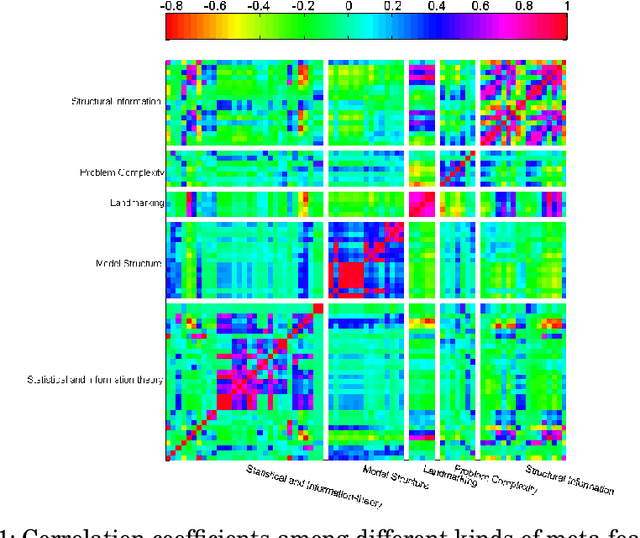
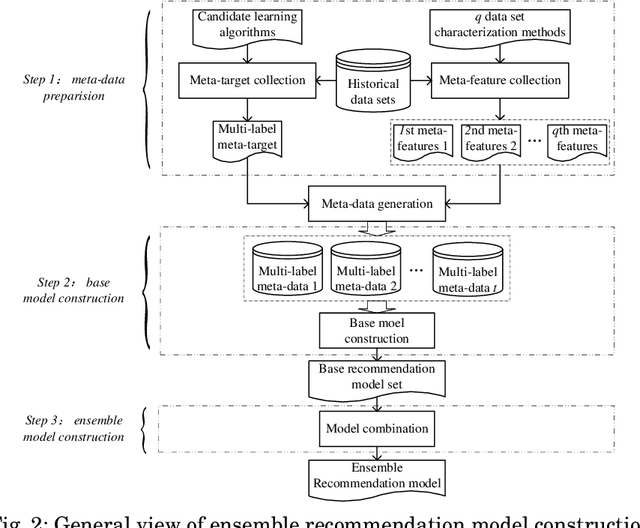
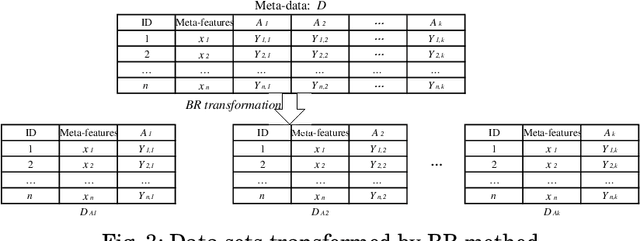
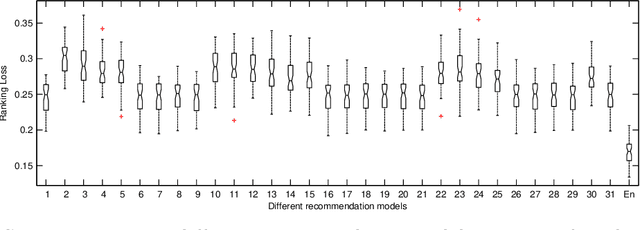
Abstract:Recommending appropriate algorithms to a classification problem is one of the most challenging issues in the field of data mining. The existing algorithm recommendation models are generally constructed on only one kind of meta-features by single learners. Considering that i) ensemble learners usually show better performance and ii) different kinds of meta-features characterize the classification problems in different viewpoints independently, and further the models constructed with different sets of meta-features will be complementary with each other and applicable for ensemble. This paper proposes an ensemble learning-based algorithm recommendation method. To evaluate the proposed recommendation method, extensive experiments with 13 well-known candidate classification algorithms and five different kinds of meta-features are conducted on 1090 benchmark classification problems. The results show the effectiveness of the proposed ensemble learning based recommendation method.
A Feature Subset Selection Algorithm Automatic Recommendation Method
Feb 04, 2014
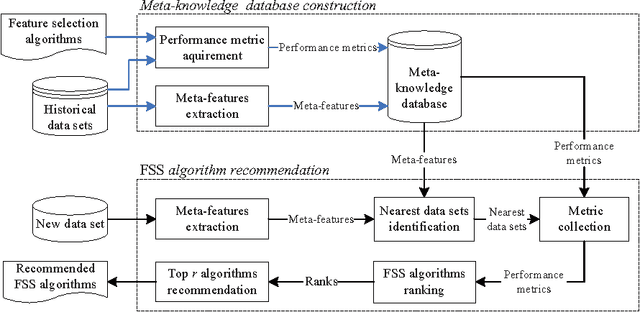
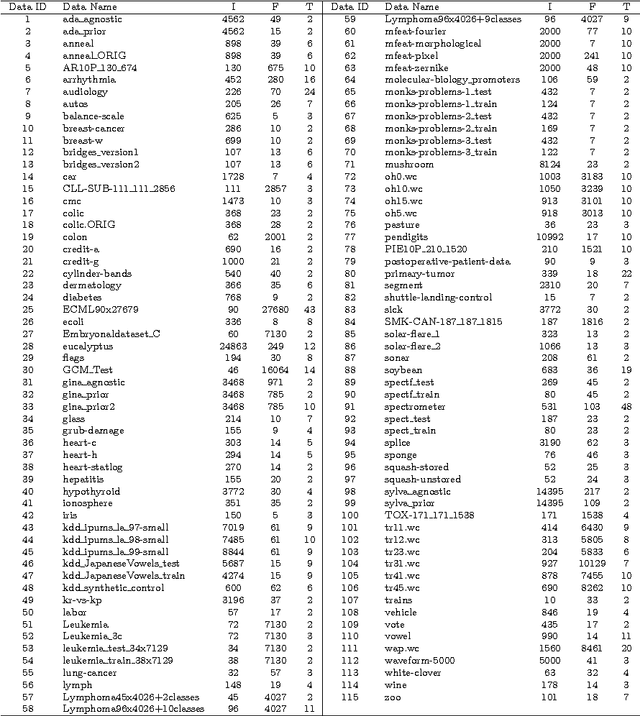
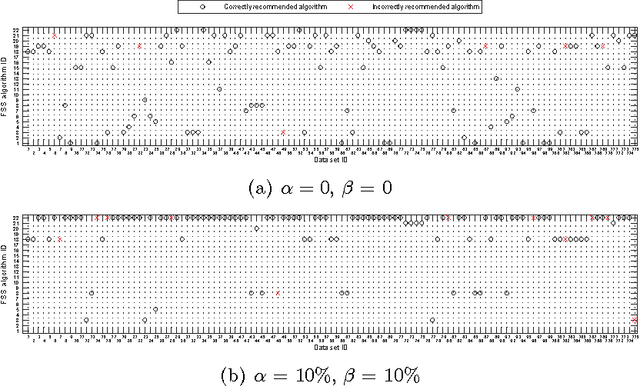
Abstract:Many feature subset selection (FSS) algorithms have been proposed, but not all of them are appropriate for a given feature selection problem. At the same time, so far there is rarely a good way to choose appropriate FSS algorithms for the problem at hand. Thus, FSS algorithm automatic recommendation is very important and practically useful. In this paper, a meta learning based FSS algorithm automatic recommendation method is presented. The proposed method first identifies the data sets that are most similar to the one at hand by the k-nearest neighbor classification algorithm, and the distances among these data sets are calculated based on the commonly-used data set characteristics. Then, it ranks all the candidate FSS algorithms according to their performance on these similar data sets, and chooses the algorithms with best performance as the appropriate ones. The performance of the candidate FSS algorithms is evaluated by a multi-criteria metric that takes into account not only the classification accuracy over the selected features, but also the runtime of feature selection and the number of selected features. The proposed recommendation method is extensively tested on 115 real world data sets with 22 well-known and frequently-used different FSS algorithms for five representative classifiers. The results show the effectiveness of our proposed FSS algorithm recommendation method.
 Add to Chrome
Add to Chrome Add to Firefox
Add to Firefox Add to Edge
Add to Edge